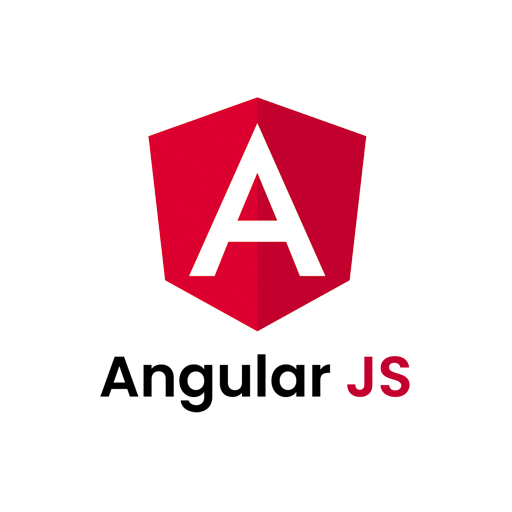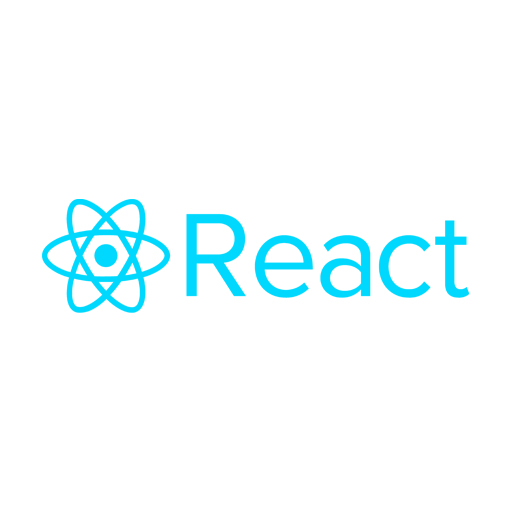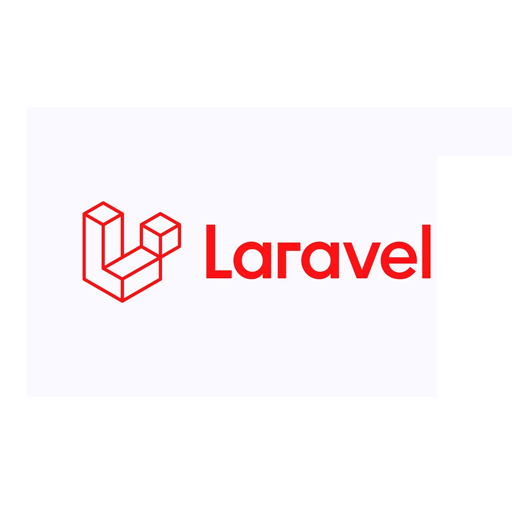
At Techcmantix, we are a trusted Node JS CRM development company in Trichy, crafting high-performance, scalable, and future-ready CRM solutions tailored to your business needs. Our expert developers harness the full potential of Node.js to build robust web applications that deliver lightning-fast performance, unmatched flexibility, and seamless scalability.
We specialize in developing custom CRM systems that streamline workflows, enhance customer engagement, and accelerate business growth. Whether you’re a startup aiming to build from scratch or an enterprise modernizing your existing system, our Node.js CRM experts ensure your application is built using the latest frameworks, clean coding standards, and cutting-edge tools.
By leveraging the asynchronous and event-driven architecture of Node.js, we create CRM solutions that handle large data loads effortlessly—ensuring speed, reliability, and consistent user experiences across platforms.
Partner with Techcmantix, where innovation meets excellence, to transform your ideas into powerful, scalable CRM solutions that grow with your business.


NodeJS uses Google Chrome's V8 engine for high performance and modern web compatibility. Its unified language and toolset streamline development


NodeJS's event-driven, non-blocking I/O model ensures lightweight, responsive performance. Access thousands of modules and libraries via npm, the world's largest package ecosystem.


NodeJS offers flexibility for diverse web applications, integrating seamlessly with Express, MongoDB, Socket.IO, React, and Angular to enhance development.







Node.js excels in CRM development due to its non-blocking, event-driven architecture, enabling real-time data updates (e.g., live customer chat, notifications) and handling concurrent operations efficiently . It also benefits from a rich ecosystem—npm provides modules for authentication, APIs, and more, speeding up development .
With its event-driven model and WebSocket support, Node.js can deliver instantaneous updates, like live chat, notification streams, or real-time dashboards—it’s ideal for interactive CRM experiences..
Absolutely. Node.js’s architecture handles thousands of simultaneous connections gracefully, making it highly scalable—perfect for CRMs that must adapt as user numbers and data loads increase.
Yes. Thanks to Node.js’s vast npm ecosystem, integrating popular CRM tools and external APIs like Stripe, Salesforce, and MailChimp is seamless and quick .
Some considerations include: Complexity: Building a CRM with Node.js may require deeper JavaScript and architectural expertise compared to traditional platforms Talent availability: Skilled Node.js developers may be less readily available, which could affect hiring timelines and budgets Security vigilance: Given JavaScript’s openness, extra attention to input validation, XSS, CSRF, and injection prevention is necessary
Node.js achieves high performance via: Its event-driven, non-blocking I/O model, allowing high responsiveness Using the V8 engine, which compiles JavaScript to machine code for swift execution Efficient request handling even under heavy load—a plus for CRMs with frequent user interactions.
Yes. Shared use of JavaScript across front-end and back-end simplifies development and reduces context switching. Moreover, cost-effective prototyping is supported by rich npm packages and modular code reuse.
Definitely. Node.js is lightweight and modular by design, making it ideal for breaking a CRM into microservices. This allows independent development, deployment, and scaling of CRM modules—like a standalone ticketing microservice or analytics component
Node.js embodies the “JavaScript everywhere” principle—both client and server sides can be built using the same language. This ensures code consistency, better collaboration, and easier maintenance.
While direct CRM cases are fewer, many real-time, data-intensive, and scalable applications—such as chat tools, collaborative platforms (like Trello), and streaming services—are powered by Node.js, showcasing its reliability for similar CRM capabilities